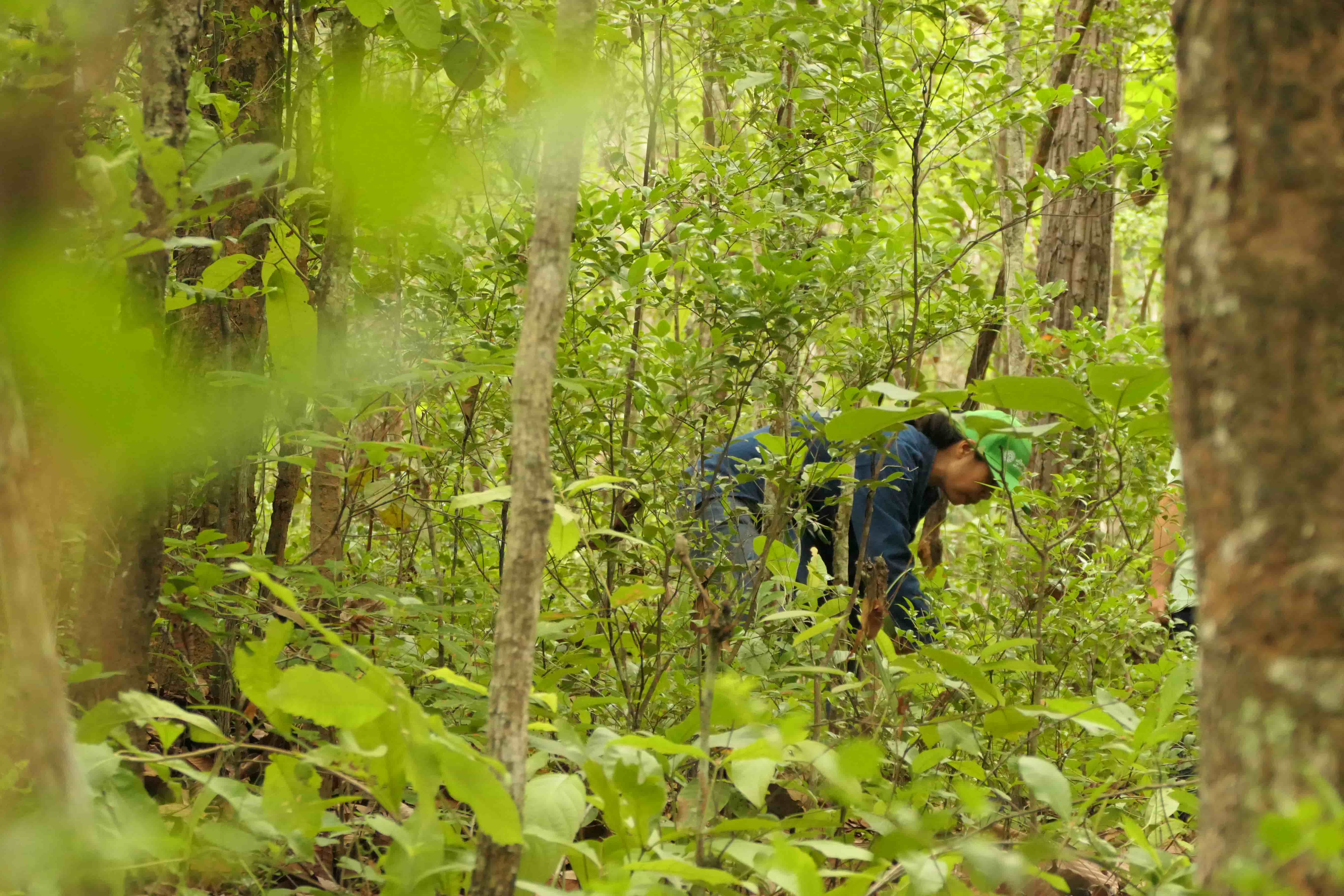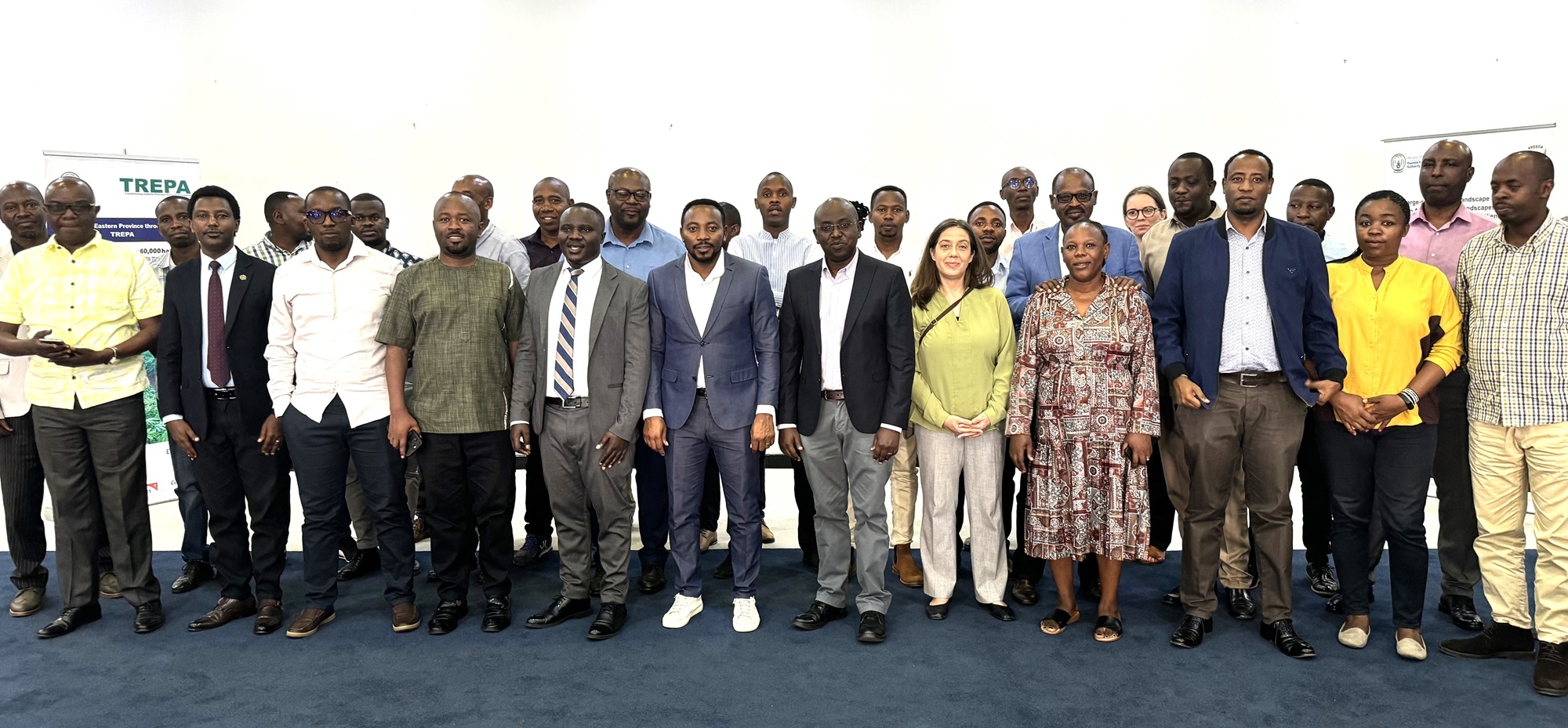BIODEV2030 results, knowledge products and a new IUCN publication to be shared in Montreal at COP15
After 3 years working to advance biodiversity mainstreaming in the key economic sectors of 16 pilot countries, the current phase of the BIODEV2030 project is coming to its end and is now ready to share its results and lessons learnt at COP15 in Montreal.
Intense pace of sectoral workshops in all countries in November 2022
The last sectoral workshops took place in the last weeks of November 2022 in most countries and the commitments taken by stakeholders still need to be fully compiled.
Among the results:
- the multi-stakeholder and intersectoral dialogue in the Thies region of Senegal resulted in several commitments to restore and protect the local terrestrial and marine biodiversity: by 2030, 50% of farmers commit to adopt agroecological practices and 70% will use household compost. The region stakeholders commit to plant 800.000 trees collectively per year until 2030. Fishermen will ban the capture of juvenile fish and the use if damaging fishing nets;
- in Fiji, and more generally in the Pacific region, farmers commit to adopt a series of sustainable practices for kava that will allow them to ripe the benefits of a growing demand while preserving precious native forests.
- Discussions have been engaged with the finance sectors in several countries – Kenya, Fiji, Mozambique… - to mainstream biodiversity along with climate in their practices.
Learn more about country discussions, opportunities and challenges by joining us on the nature-positive pavilion on December 13 with our speakers from Burkina Faso, Fiji, Madagascar, Mozambique and Tunisia for an interactive Q&A session.
Release of an IUCN publication based on lessons learnt
A new IUCN publication “Mainstreaming biodiversity into priority economic sectors: Lessons from the assessment of main threats in 16 BIODEV2030 pilot countries” will be released at COP15.
The BIODEV2030 countries performed robust national assessments that identified and ranked the main threats to biodiversity despite limited availability of data. These assessments could be done at high speed, taking five to seven months to finalise and less than a year to discuss and approve the results with stakeholders.
Results are now used in the decision-making processes of economic actors in sectors as diverse as agriculture, livestock farming, mining, aquaculture and forestry. The publication proposes recommendations and tools that will allow a scientifically robust way to bring biodiversity into the mainstream.
The publication will be launched on the nature-positive pavilion on December 15.
More knowledge tools soon to be available on line
Meet us at the BIODEV2030 booth to discover the first two knowledge tools based on learnings from the 16 countries and meet with the project partners and stakeholders.
The BIODEV2030 project is financed by the Agence Française de Développement (AFD), coordinated by Expertise France and implemented by IUCN and WWF in 8 countries each.



